Photos of Kyrgyzstan, The Beauty of the South
![]()
The first time I visited Kyrgyzstan, I explored a bit of everything. The second time, I focused on the south shore of Issyk-kul Lake, where I mostly found impressive canyons and dry landscapes. This time I decided to visit the South of Kyrgyzstan.
This photo series is a combination of landscapes and storytelling shots. With each photo, there is a brief explanation about the shot. They’re posted in chronological order (except the first few) from where my trip started.
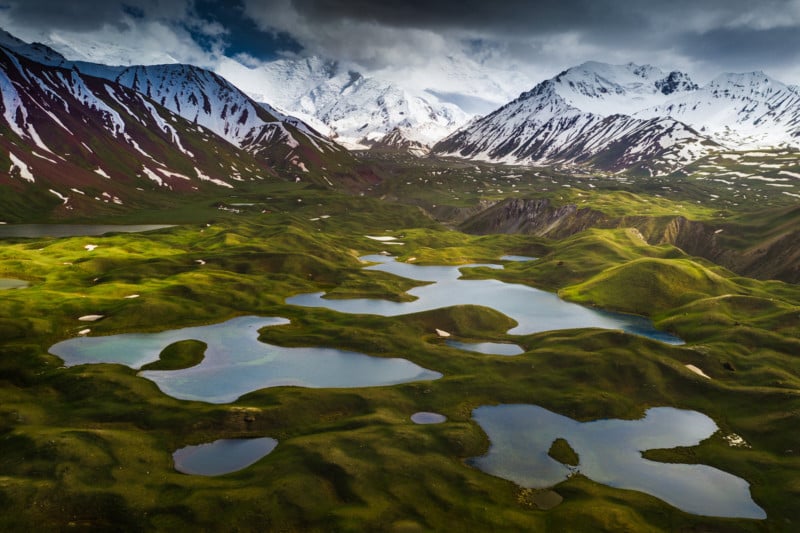
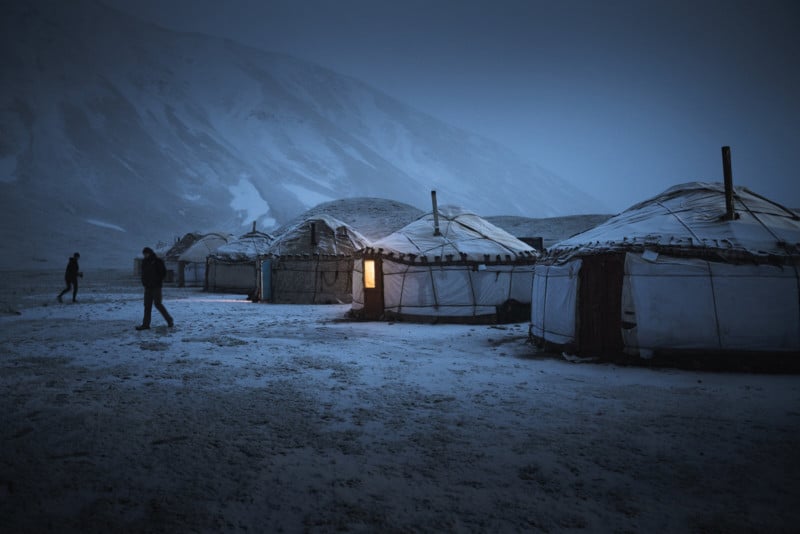
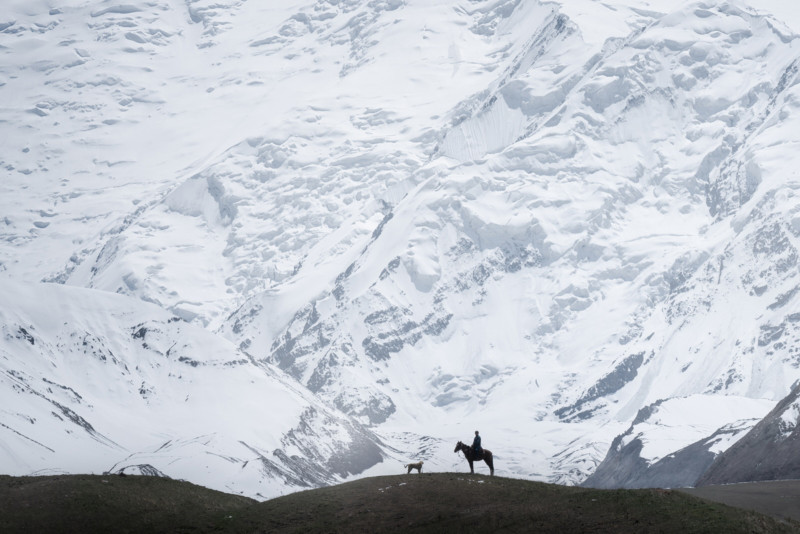
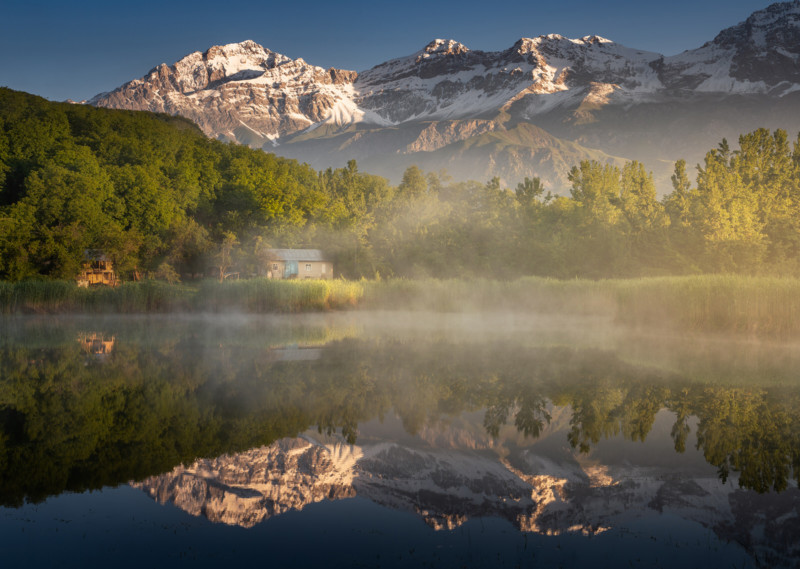
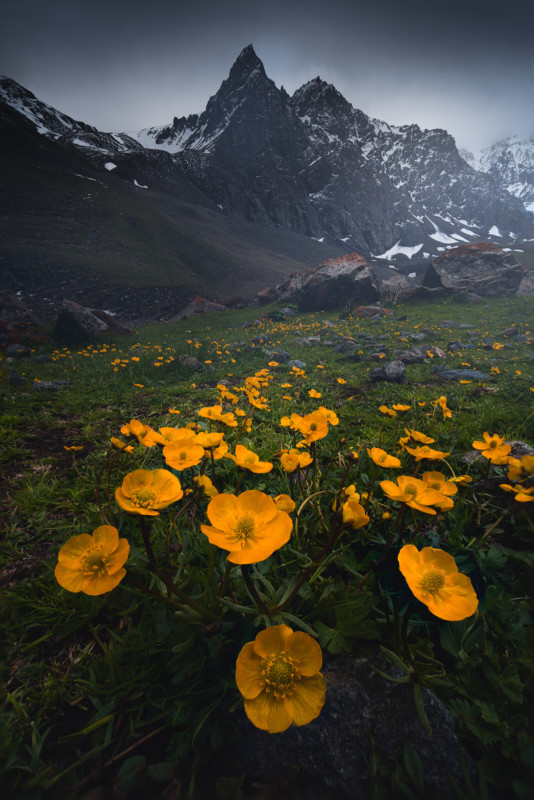
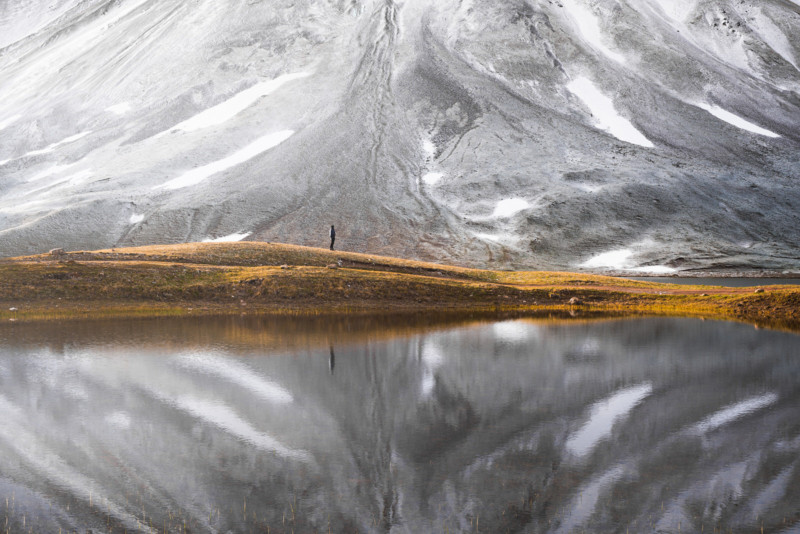
Once again I was impressed by the extreme variety of landscapes you can find in Kyrgyzstan. The first time I visited I already mentioned how in a short period of time, I saw landscapes that you can compare to Iceland, Utah canyons (US), high snowy peaks like the Himalaya and the European Alps you could find even close to Bishkek, like Ala-Archa. On my visit to the south, I was surprised by areas such as Arslanbob and Sary Chelek, that really reminded me of European parts. Everything was so green.
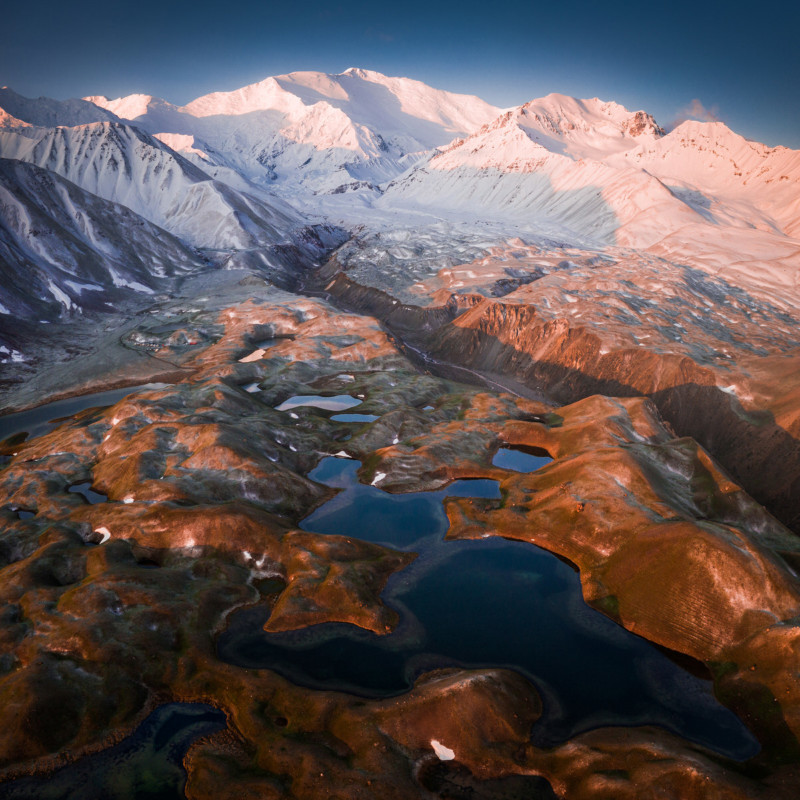
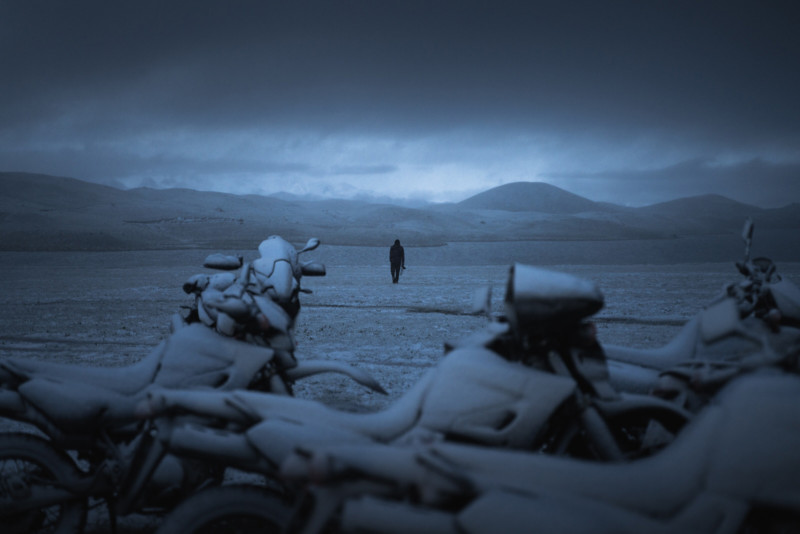
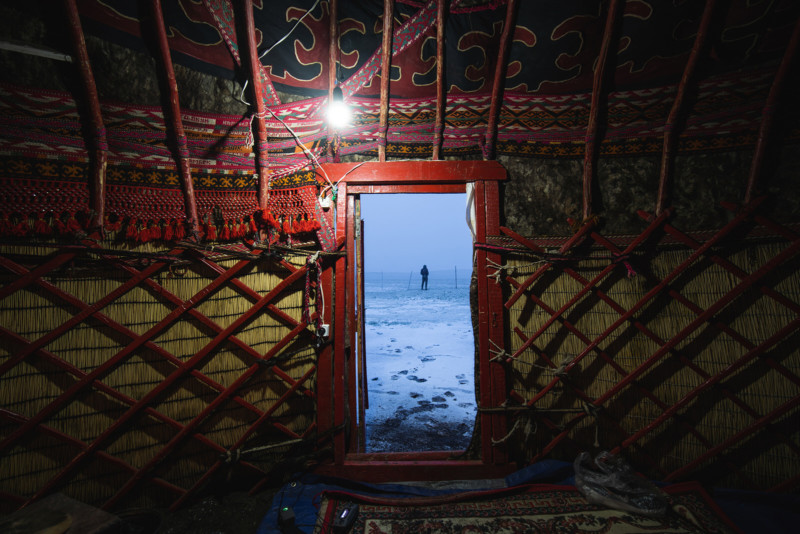
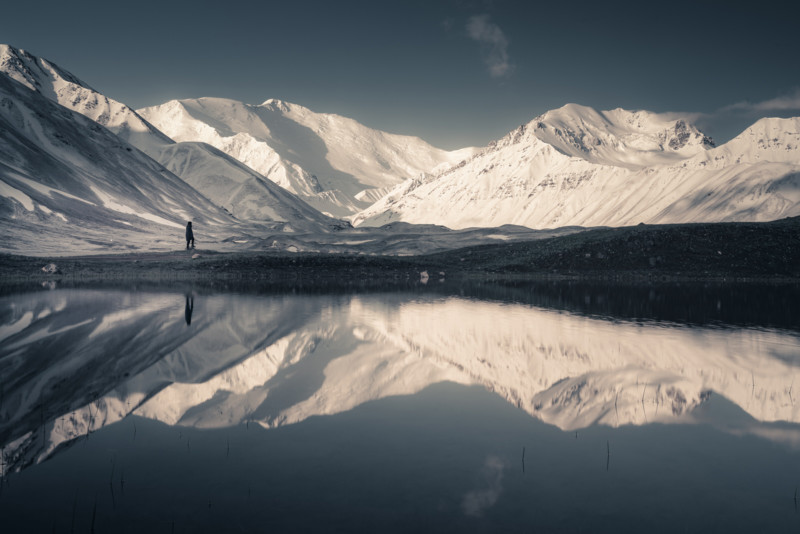
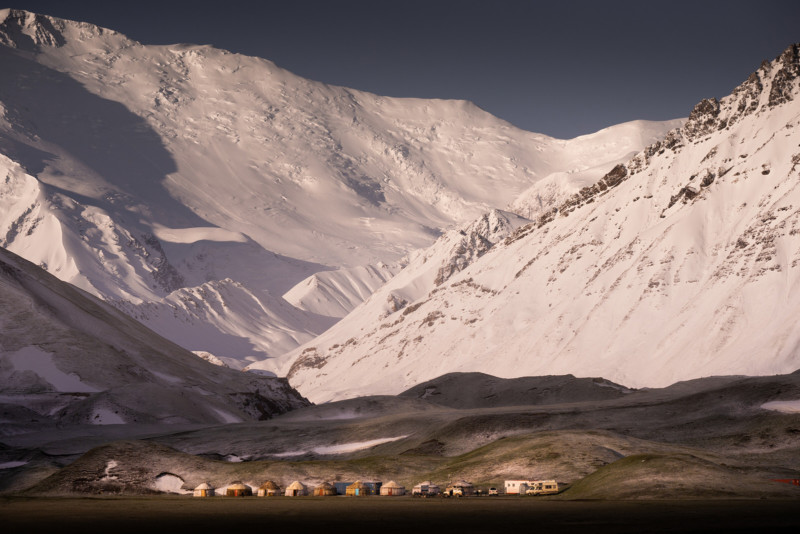
The highlight of my trip to the south was the peak Lenin area. A few hours drive south of Osh you can find the second highest mountain in the country (7,100m+/23,000ft+) with a yurt basecamp located at an altitude of around 3,500 meters (~11,500ft). The landscape and weather were surreal here. A huge valley with hills, lakes and massive peaks were great to explore for a few days. We experienced 4 seasons in 1 day here with snow, tropical temperatures and everything in between.
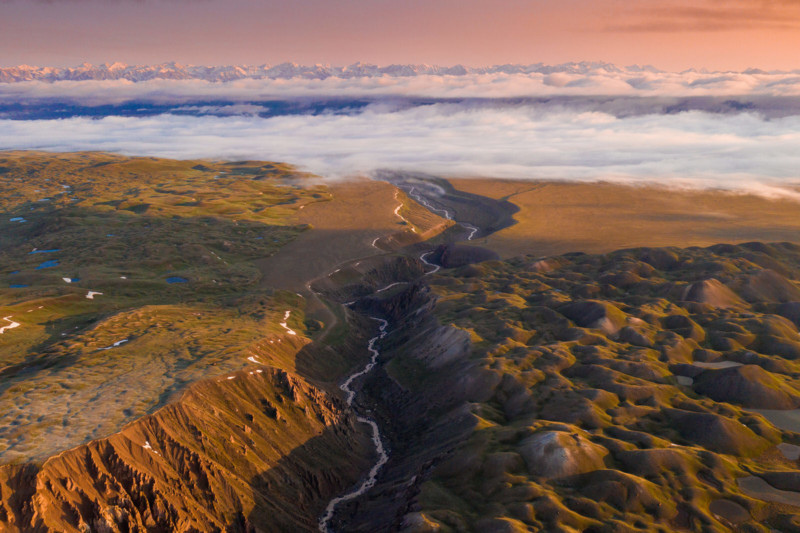
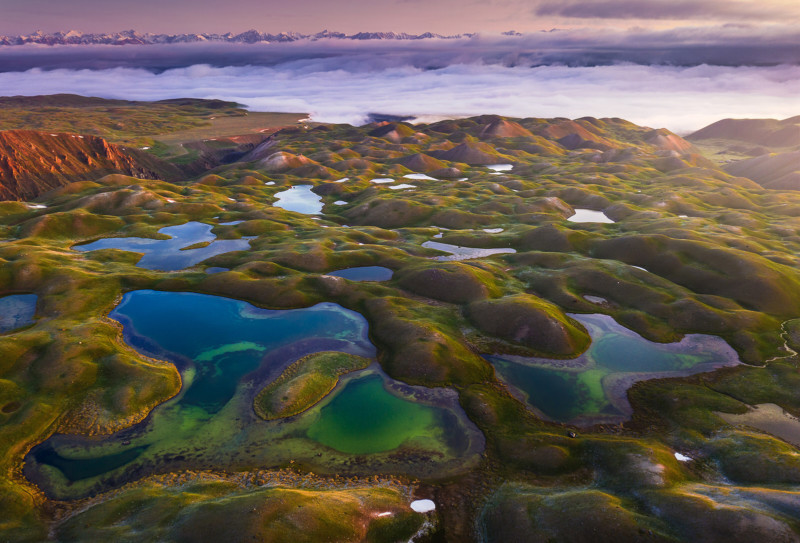
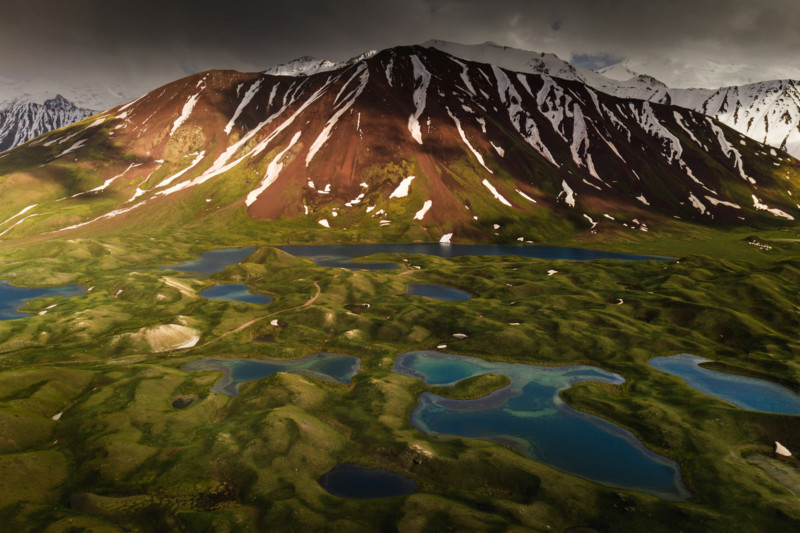
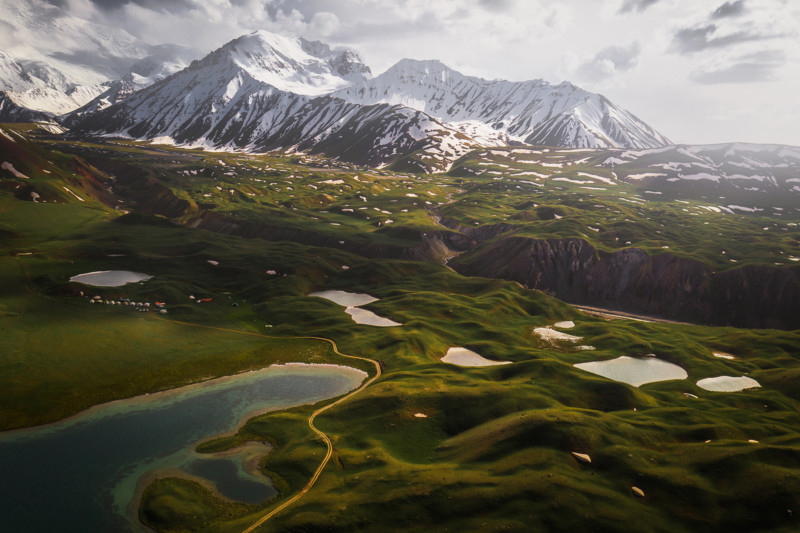
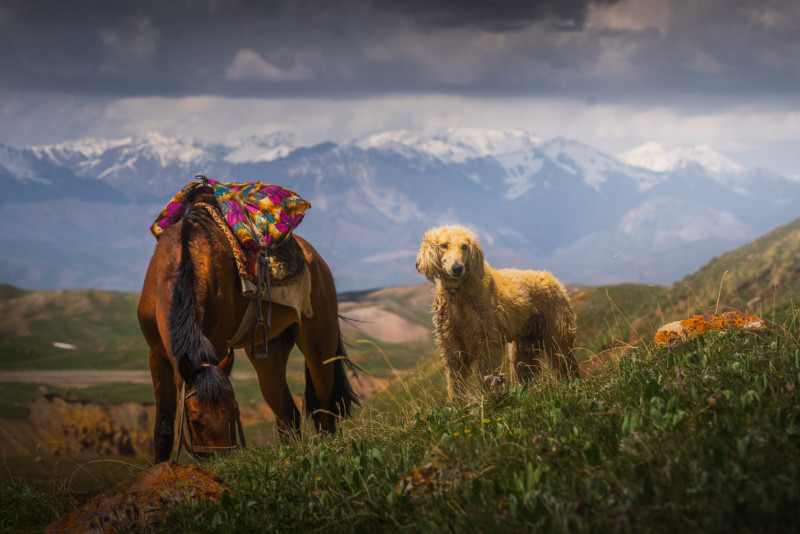
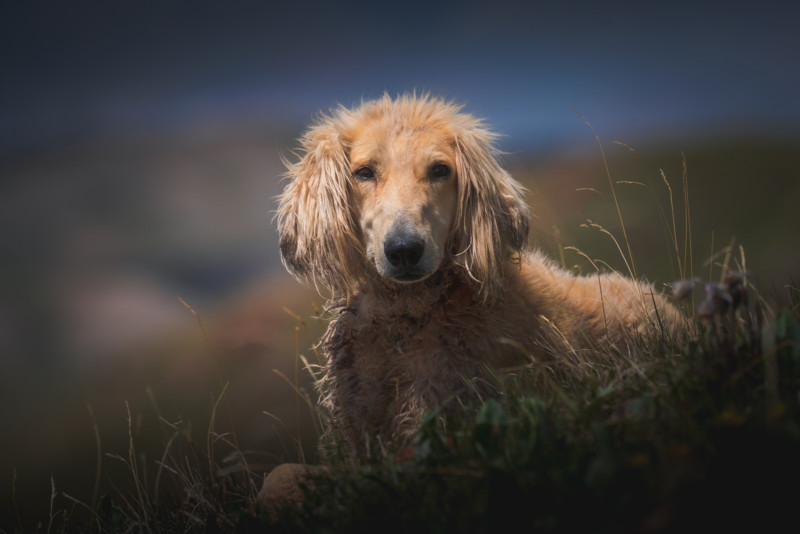
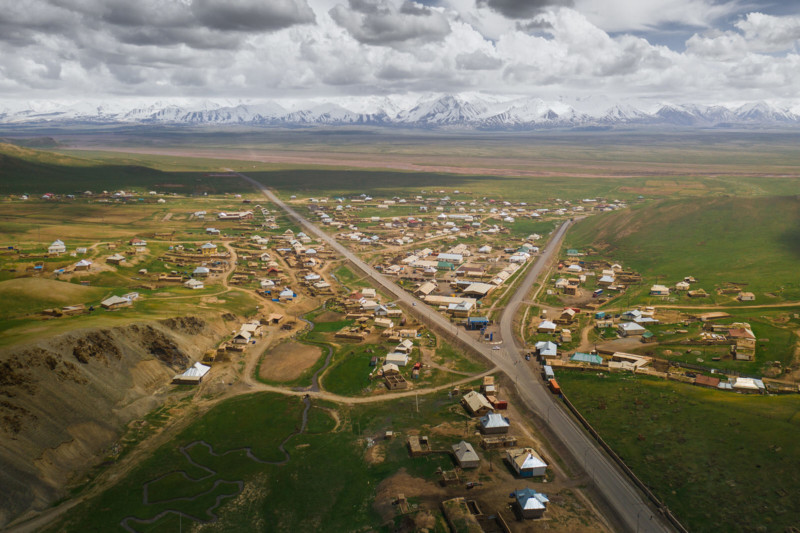
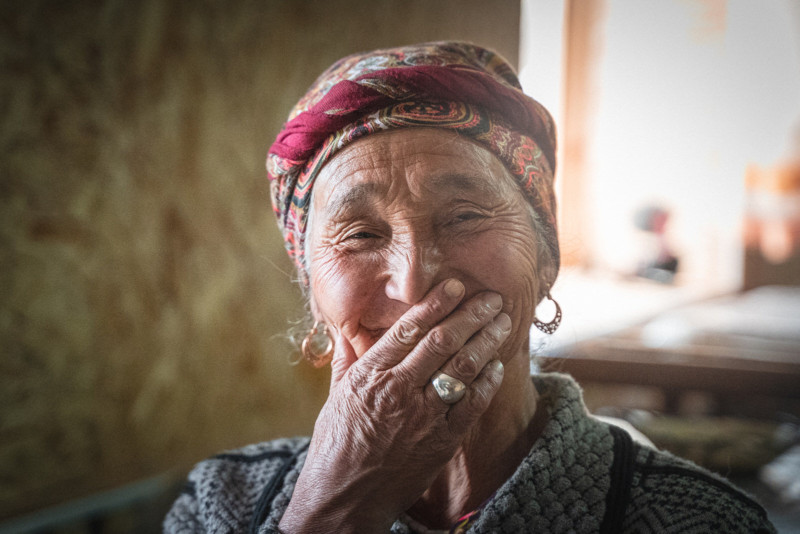
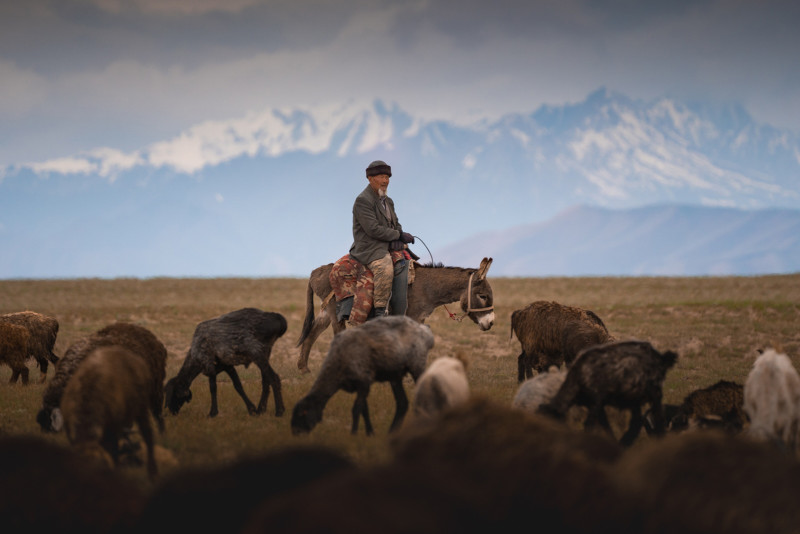
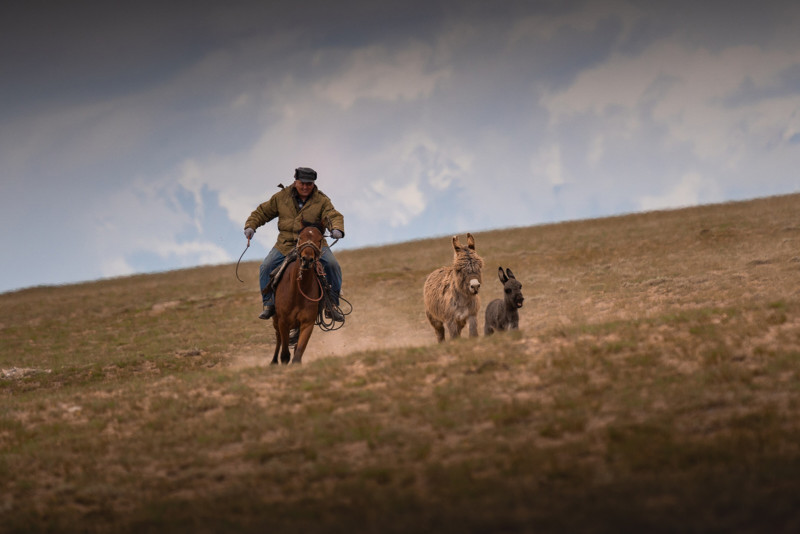
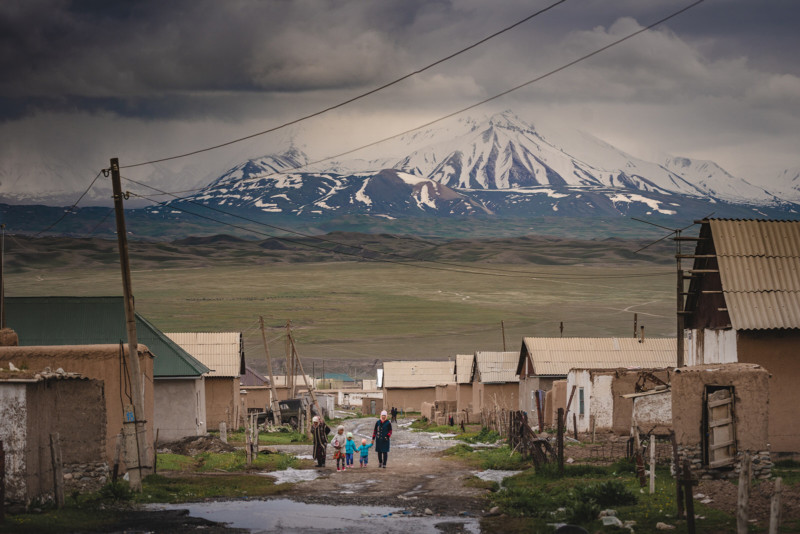
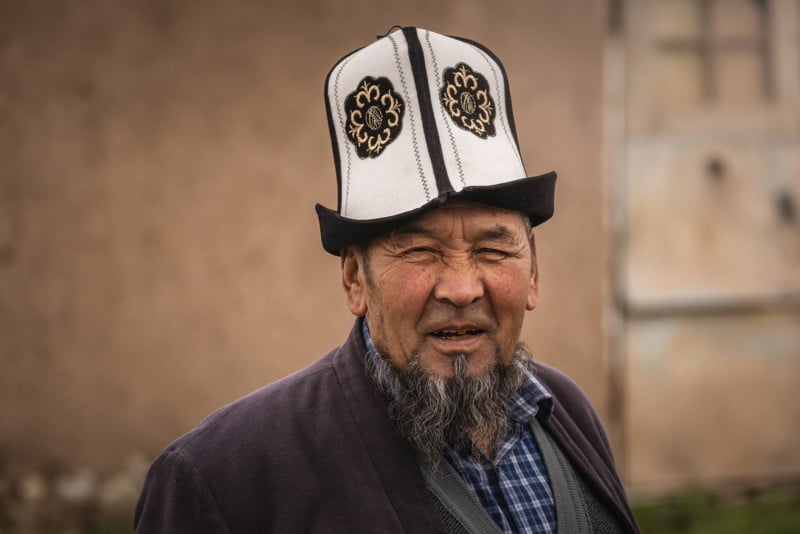
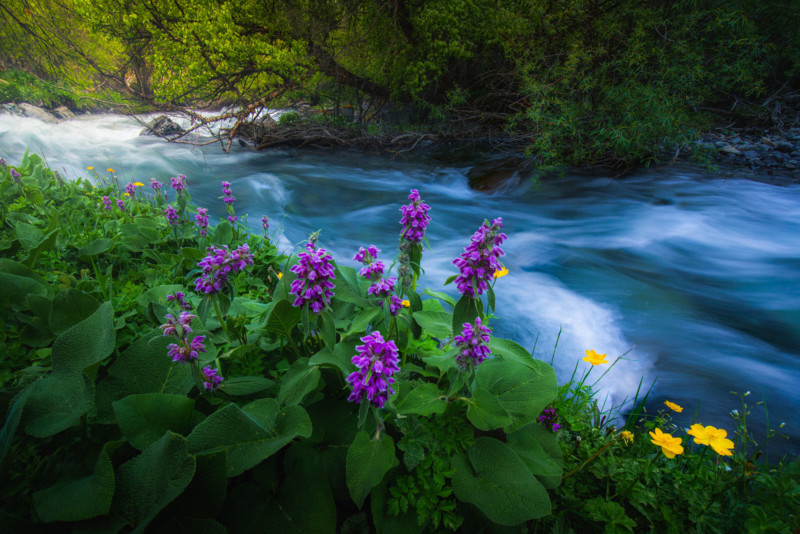
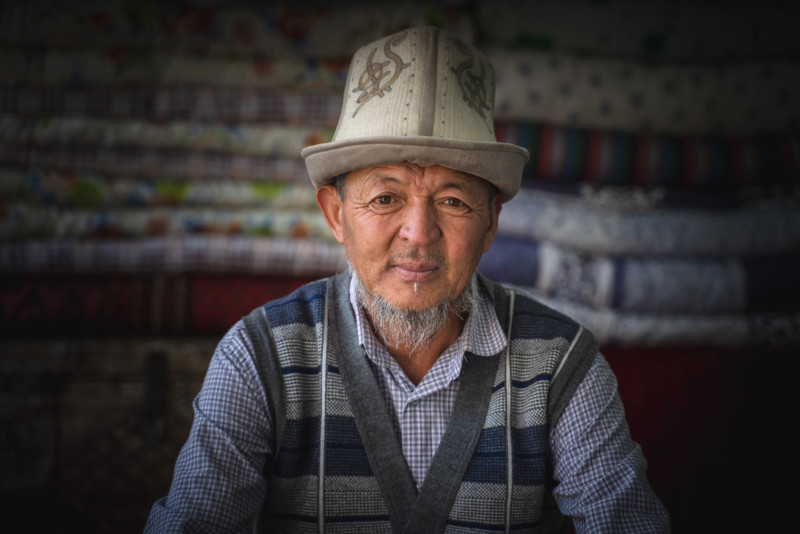
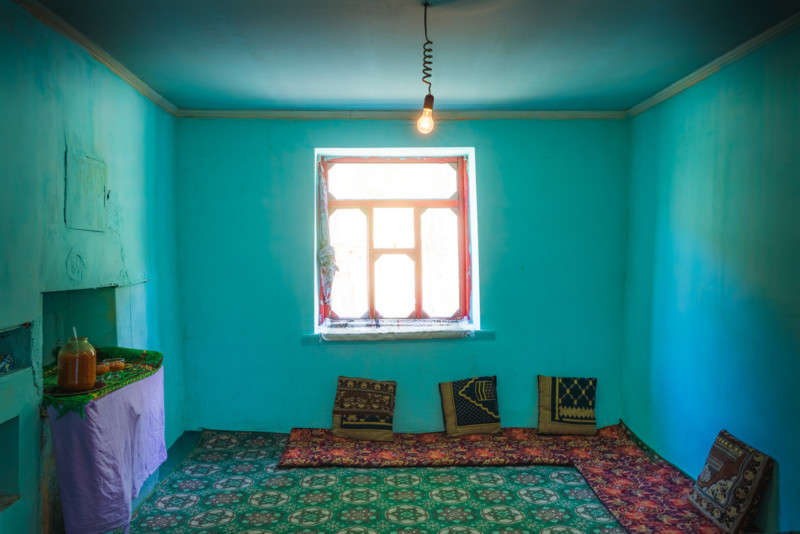
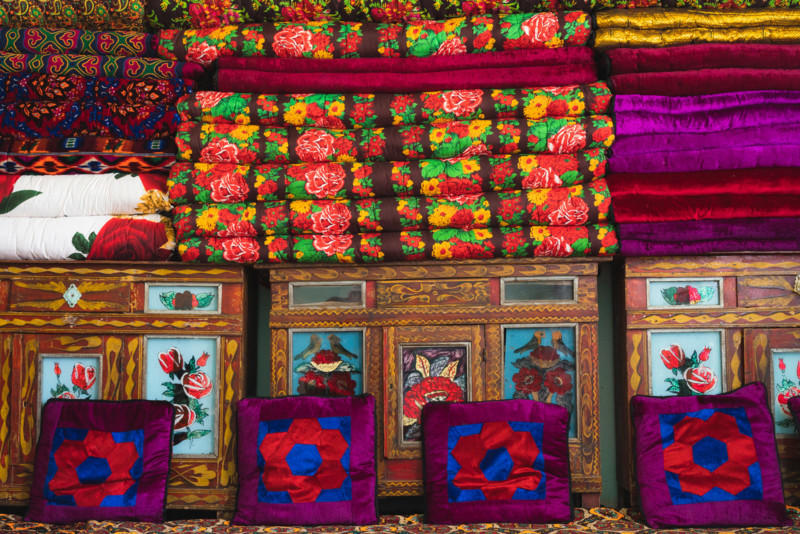
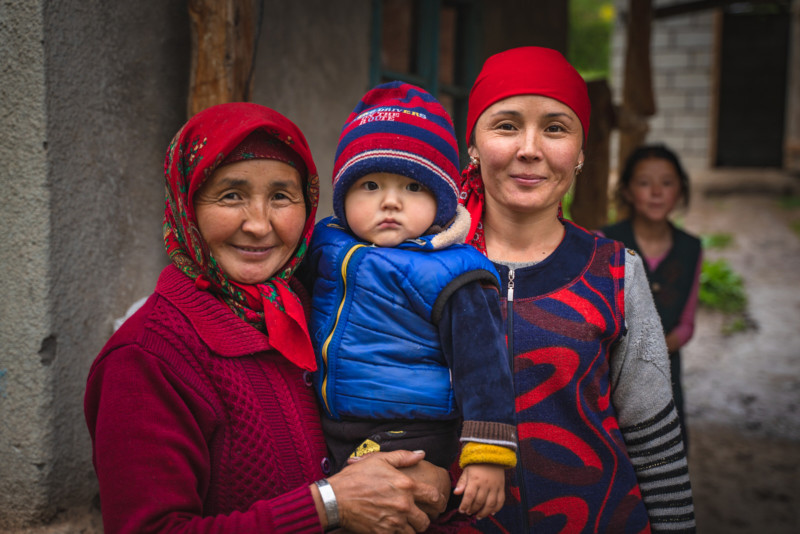
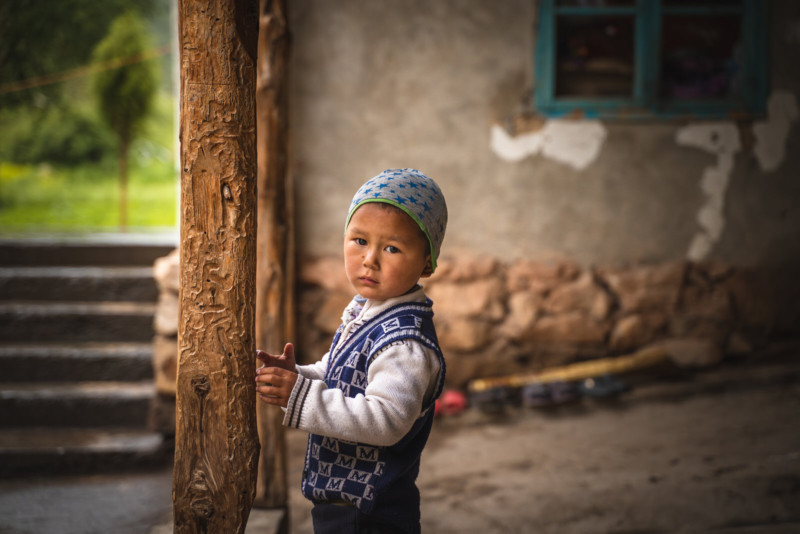
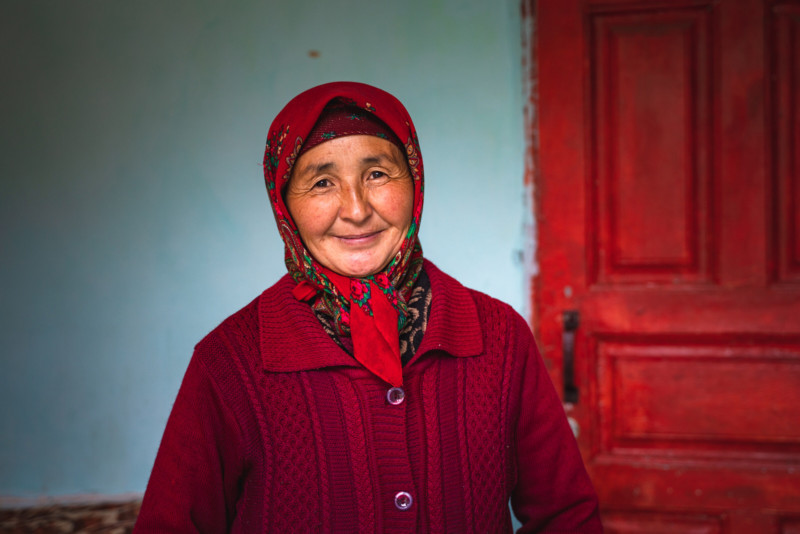
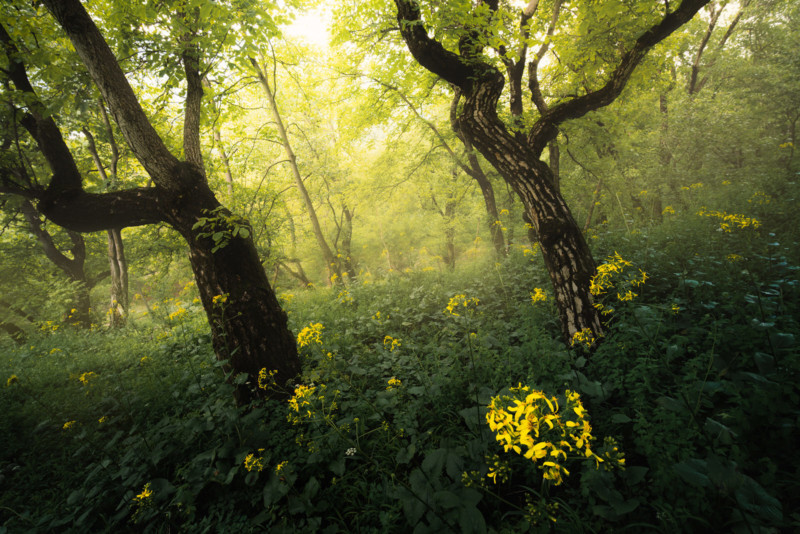
In Arslanbob I explored the beautiful walnut forests that are the biggest in the world. Walking around here was really magical. Not only this, as you can expect in Kyrgyzstan we found some lakes reflecting the mountain tops surrounding this surreal village. The atmosphere in this little village was great. It was something really different than what I experienced before in Kyrgyzstan. Houses were built on hills with narrow roads leading up to them. Everything was surrounded by greenery, streams, and beautiful (most walnut) trees. I spent only 2 days here but I would love to explore a bit more here in the future.
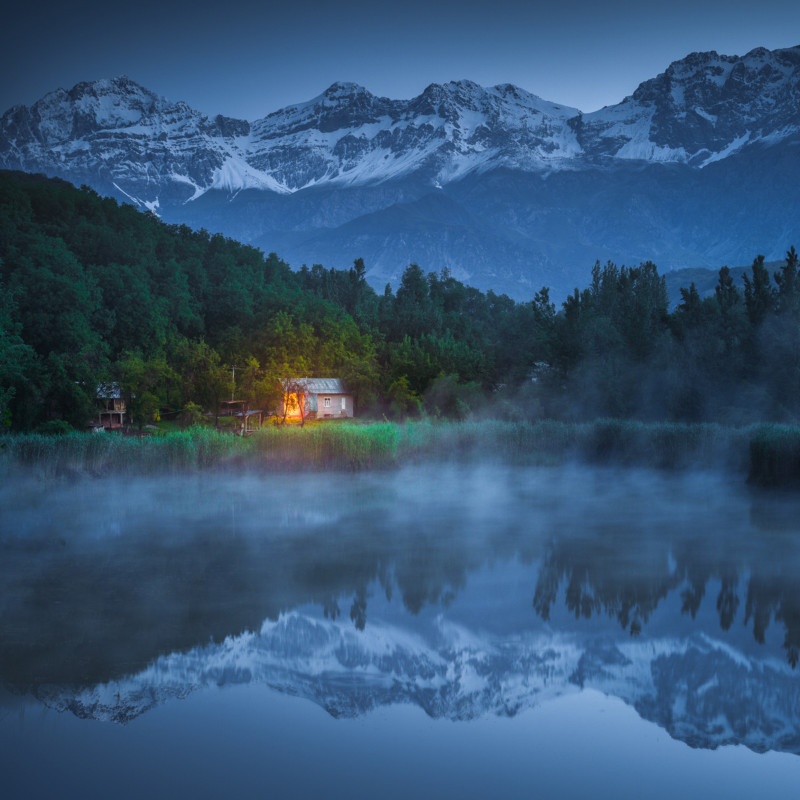
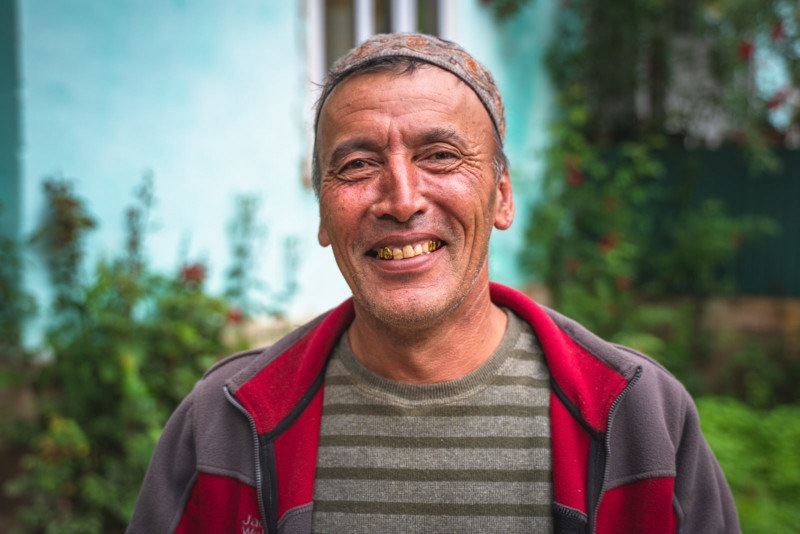
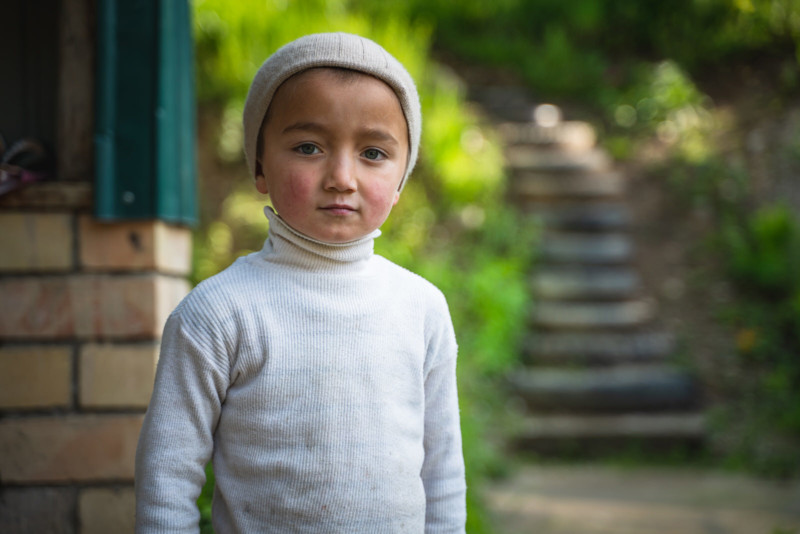
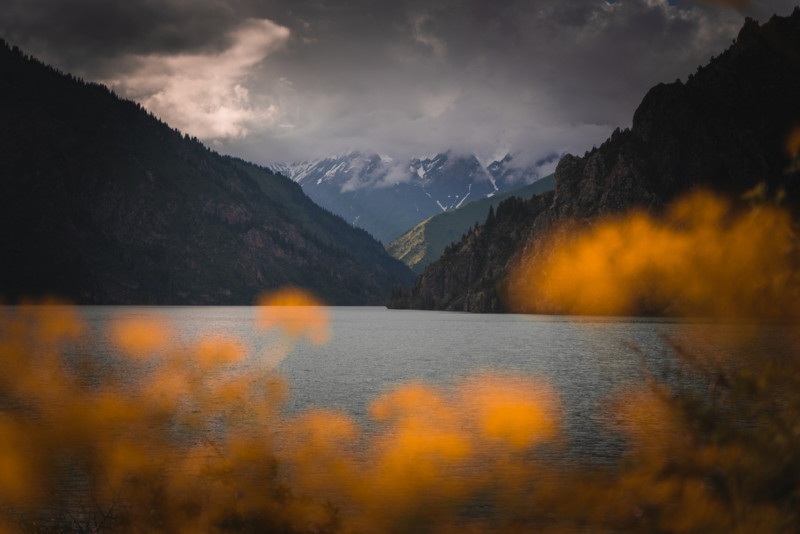
In Sary Chelek we found beautiful turquoise lakes with wildflowers everywhere, crystal clear little streams and so much green everywhere. It felt like yet another country right there in Kyrgyzstan. The road leading up to Sary Chelek was already very scenic, with hills full of green reminding me of Tuscany in Italy. No wonder Sary Chelek is a popular destination for a few days of holiday among locals. A canyon that takes your breath away leads up to a dirt road that looks like you’re going through a rainforest.
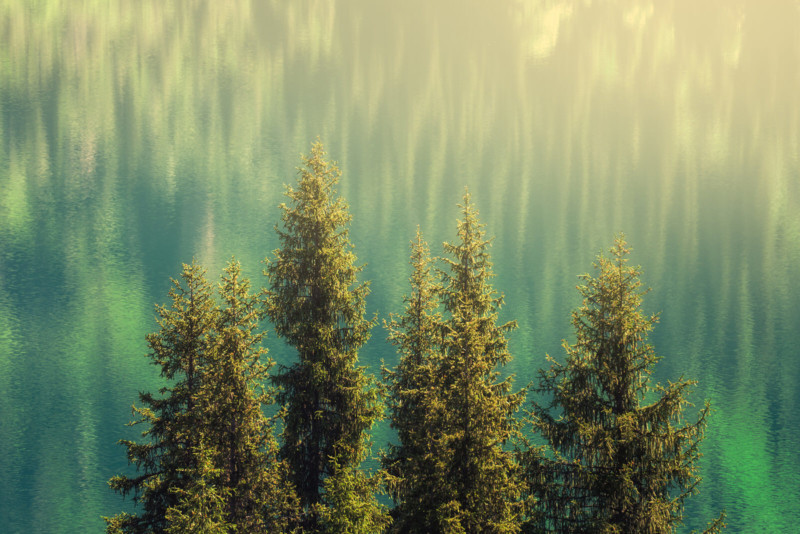
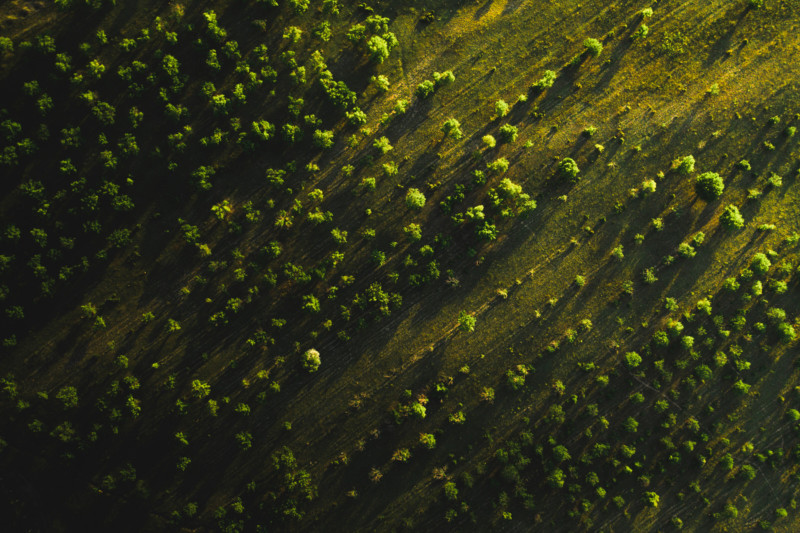
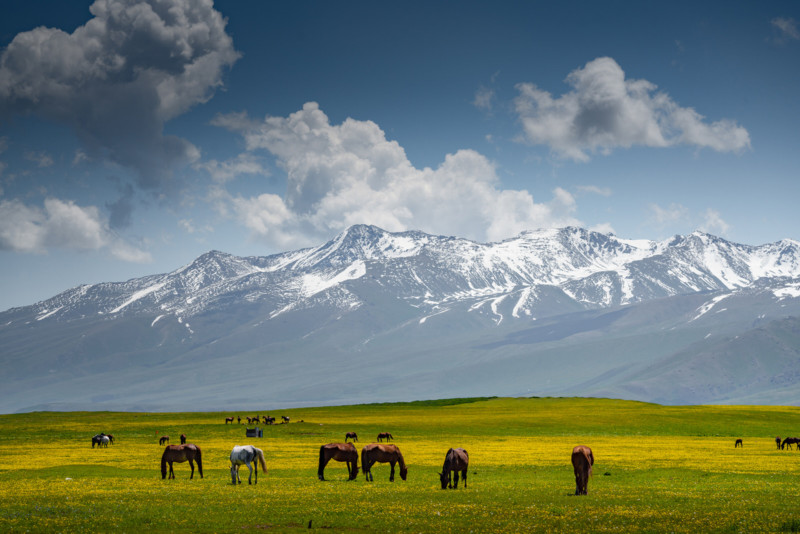
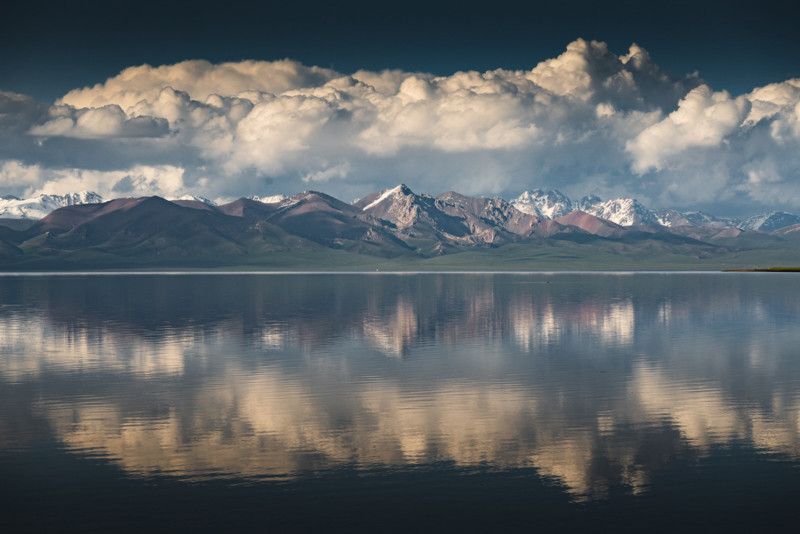
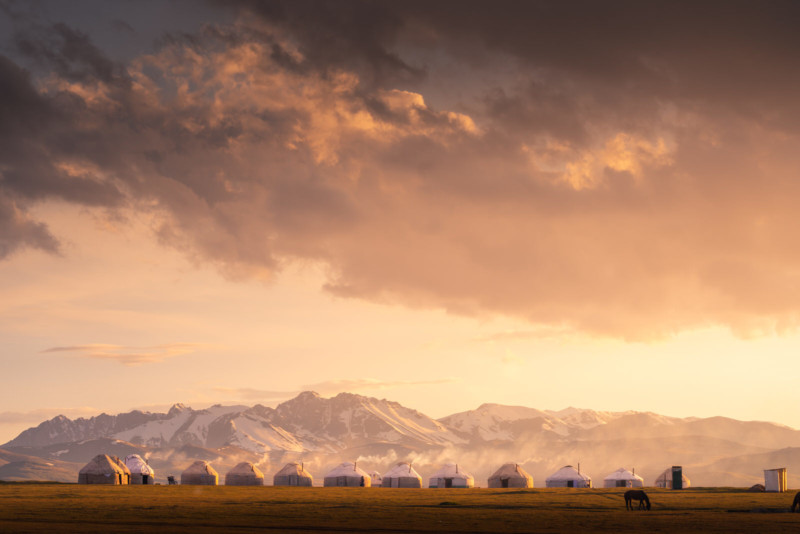
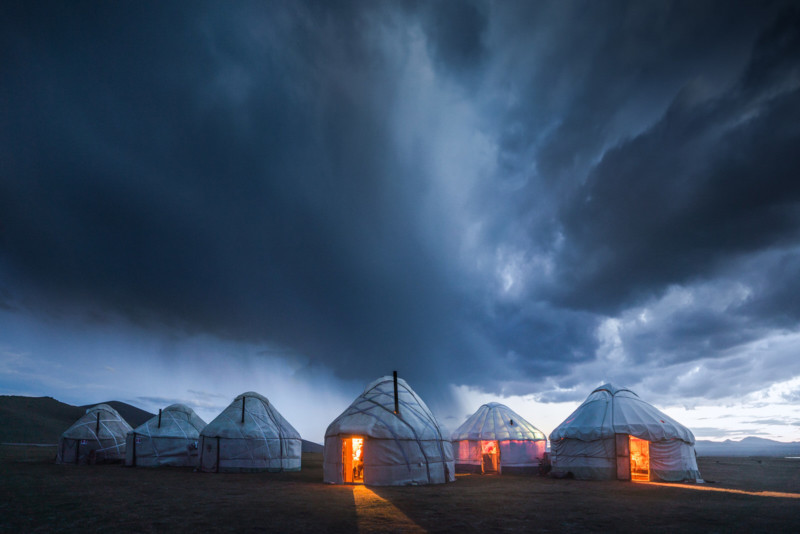
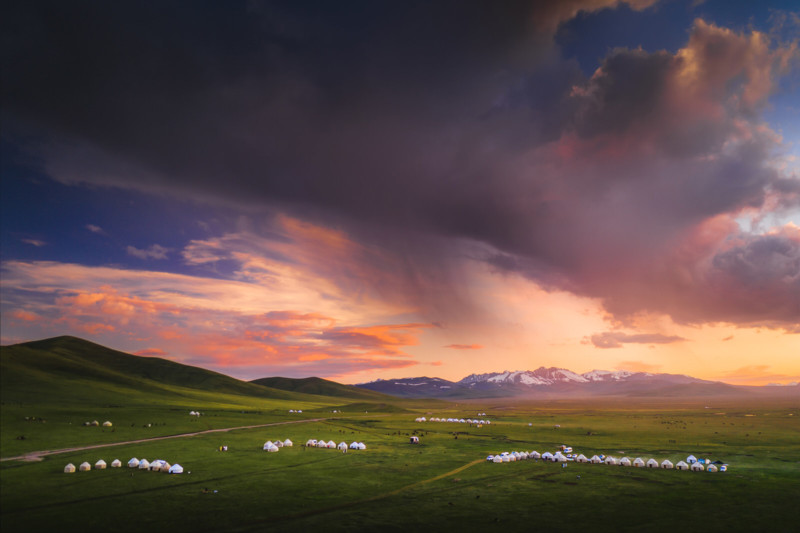
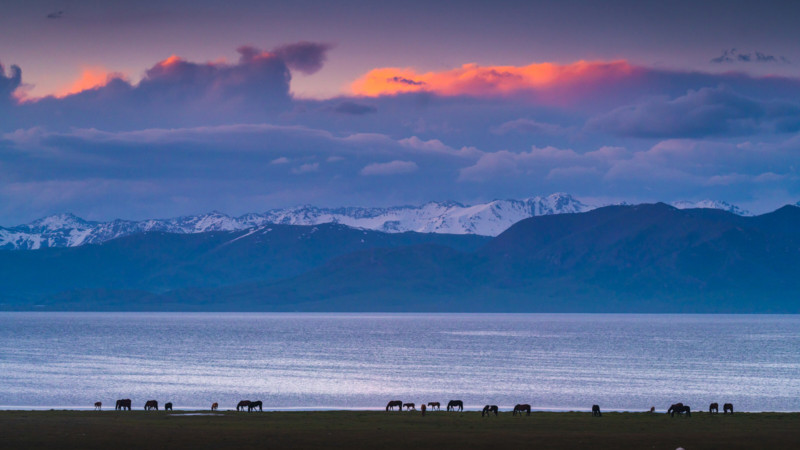
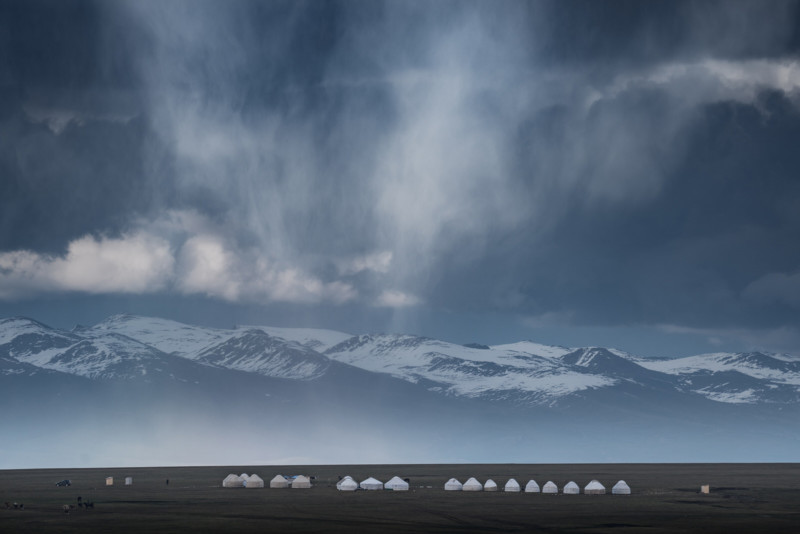
For this trip, I also decided to photograph and tell a bit of story about the locals I met at guesthouses and homestays along with the atmosphere. Tourism is upcoming in Kyrgyzstan but is still in a starting phase, especially in the south. It’s great to see how locals are caring so much about the visitors. You will always have a warm welcome, often from a whole family. They’re taking great care of you and cooking great food! The start of tourism causes them to invest a bit in new ‘technology’. Jacob for example, proudly showed me his ‘luxurious’ shower while Husmidin in Arslanbob had wifi and a modern toilet, something he was also really proud of.
At the beginning of my trip, I also received an official certificate of appreciation from the Minister of Tourism in Kyrgyzstan. I was honored to receive this and it motivates me to promote the country even more and explore new places. Thanks to everyone in Kyrgyzstan, the people I stayed with, the family of my girlfriend Bermet, and my great friends at Visit Karakol. I couldn’t have done it without them. And thanks to all the locals for their great support! I’ll be back soon!
About the author: Albert Dros is an award-winning Dutch photographer. The opinions expressed in this article are solely those of the author. His work has been published by some of the world’s biggest media channels, including TIME, The Huffington Post, The Daily Mail, and National Geographic. You can find more of his work on his website, or by following him on Facebook and Instagram.